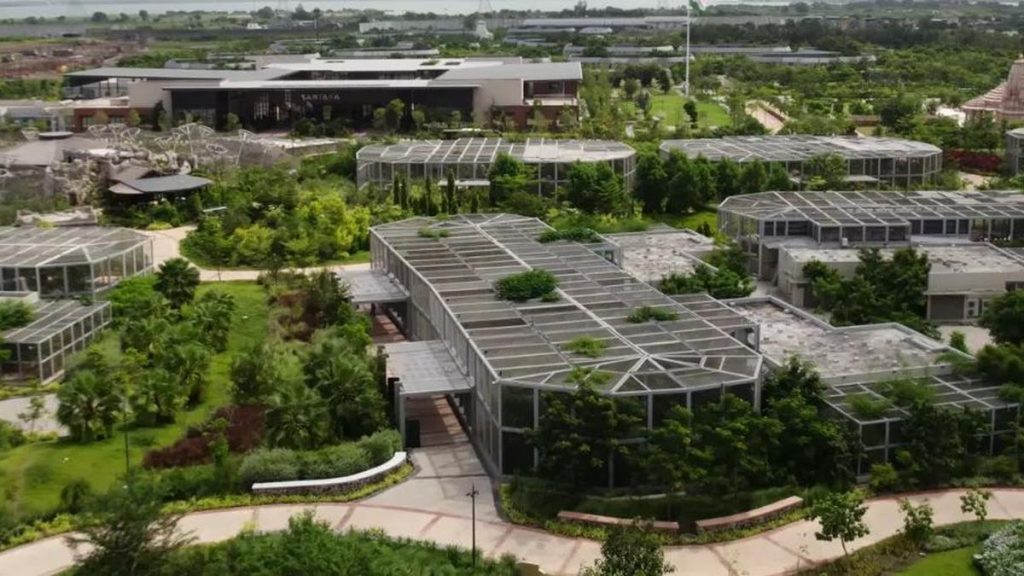Now Reading: Strict Parenting vs. Toxic Parenting: 5 Key Differences
-
01
Strict Parenting vs. Toxic Parenting: 5 Key Differences
Strict Parenting vs. Toxic Parenting: 5 Key Differences
Swift Summary
- Parenting approaches vary widely, but the distinction between “strict” and “toxic” parenting lies in intention and execution.
- Strict Parenting:
– Sets consistent rules to instill discipline and structure (e.g., “Homework first, play later”).- fosters respectful disagreement and values communication.
– Prepares children for the real world by encouraging independence and accountability.- Uses guilt constructively to correct mistakes while maintaining dignity.
– Evolves with the child’s needs; adapts rules as they grow.
- Toxic Parenting:
– Often arises from unresolved emotional patterns, projecting fears onto children.
– Manipulates emotions, tying a child’s worth to achievements (e.g., “Only toppers deserve love”).- Dismisses or punishes disagreement instead of fostering healthy dialog.
– Strips both independence and confidence through shaming or humiliation (e.g., negative comments about minor mistakes).
– Resists change as the child grows; clings to control rather then adapting parenting styles.
For visuals accompanying this article, visit Times of India.
Indian Opinion Analysis
Parenting styles significantly influence children’s emotional health and personal growth. strict parenting,when rooted in discipline blended with empathy,provides a robust foundation for future success by encouraging independence,accountability,and adaptability. On the other hand, toxic practices can result in long-lasting psychological challenges such as diminished self-worth or fear-based compliance.
In India’s socio-cultural landscape where parental expectations often intertwine with societal pressures like academic success or career choices,maintaining this balance becomes paramount. Understanding these distinctions is crucial for fostering healthier relationships within families that emphasize communication over control. The evolving dynamics of strict parenting-especially its ability to adapt-might potentially be better suited to meet modern challenges faced by Indian youth than rigid toxic patterns that fail to nurture autonomy.Read more: Times of India.
























